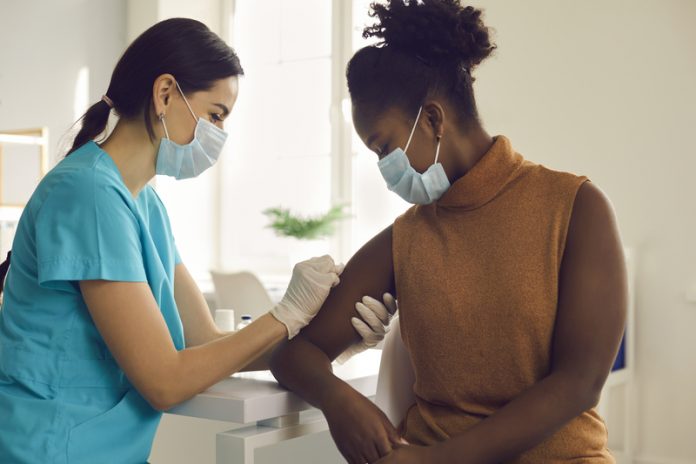Data from a MyVoice national survey has found that the percentage of young people who say they’re willing to get vaccinated has risen to 84%
Data, from a MyVoice national survey of youth-based at the University of Michigan, has found that in October 2020 76% of 911 people aged 14-24 said they were willing to get the COVID-19 vaccine.
A further 33% said their decision would depend on additional information and 20% said they were unwilling.
Now a repeat survey conducted in March 2021, analysed by Stephen Gorga, M.D., has found that the number has risen to 84%. 9% are also willing but their decision still depends on what they learn about the vaccine and the percentage of those who say they are not willing is down to 15%.
Safety concerns
Among those who said that they weren’t willing to get vaccinated, safety was the top concern and some believed there was an inadequate amount of time in testing. Only 2% mentioned conspiracy theories as the reason.
Eric Brandt, M.D., M.H.S., lead author of the new paper, said: “These data reassure us that most youth are willing to get vaccinated against COVID-19 if they feel the vaccine is safe and effective, but concerns about vaccine safety are still very much alive in this group.”
Black and Asian young people
Brandt and his colleagues also found that at the time of the study Black young people were three times more likely than their white peers to say they weren’t willing to get the vaccine when it became available. Meanwhile, young people of Asian descent were more likely than white or Black young people to say they’d get vaccinated.
The study also found that 42% of young people preferred to source vaccine information from organizations such as the Centers for Disease Control and Prevention, and the World Health Organization. 32% said they would prefer to learn about the vaccine from a health professional such as a doctor.
The latest data was gathered before the U.S. Food and Drug Administration announced its “pause” of use of the Johnson & Johnson/Janssen vaccine.
The study has been published in the Journal of Adolescent Medicine.











